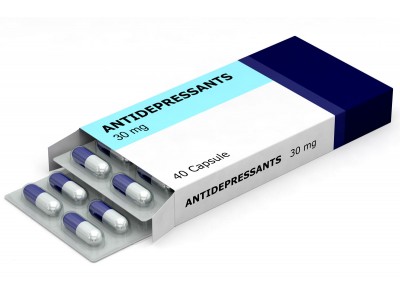Antidepressants can offer numerous potential benefits for individuals suffering from depression and other mental health conditions. These benefits can significantly improve overall well-being and quality of life. Some of the key benefits include:
Alleviation of Depressive Symptoms: The primary benefit of antidepressants is the reduction of depressive symptoms. This includes improvements in mood, reduction in feelings of sadness, hopelessness, and worthlessness, and an increase in positive feelings and thoughts.
Improved Functioning: By alleviating depressive symptoms, antidepressants can help individuals function better in their daily lives. This includes improved performance at work or school, better social interactions, and the ability to engage in everyday activities more effectively.
Reduced Anxiety: Many antidepressants also have anxiolytic (anxiety-reducing) properties. This can help individuals who suffer from co-occurring anxiety disorders, reducing symptoms such as excessive worry, panic attacks, and social anxiety.
Enhanced Sleep: Depression and anxiety often disrupt sleep patterns. Antidepressants can help regulate sleep, leading to better sleep quality and duration. Improved sleep can, in turn, have positive effects on mood and energy levels.
Increased Energy and Motivation: One of the symptoms of depression is a lack of energy and motivation. Antidepressants can help restore these, making it easier for individuals to engage in activities they previously enjoyed and to meet their daily responsibilities.
Better Appetite and Weight Regulation: Depression can affect appetite, leading to weight loss or gain. By improving mood, antidepressants can help normalize eating patterns and contribute to better nutritional health.
Enhanced Cognitive Function: Depression can impair cognitive functions like concentration, memory, and decision-making. Antidepressants can help improve these cognitive functions, making it easier to focus and think clearly.
Prevention of Relapse: For individuals with recurrent depression, long-term use of antidepressants can help prevent relapses and maintain a stable mood over time.
Improvement in Physical Health: Depression is associated with various physical health problems, including chronic pain and cardiovascular issues. By improving mental health, antidepressants can indirectly contribute to better physical health and a reduction in somatic symptoms.
Support for Therapy: Antidepressants can enhance the effectiveness of psychotherapy (such as cognitive-behavioral therapy) by stabilizing mood and making it easier for individuals to engage in and benefit from therapeutic interventions.
While antidepressants can provide these benefits, it is important to note that they are not a one-size-fits-all solution and may not work for everyone. The effectiveness of antidepressants can vary based on the individual, the type and severity of the condition, and other factors such as concurrent medical issues or other medications being taken. Additionally, some individuals may experience side effects that need to be managed in consultation with a healthcare provider. A comprehensive treatment plan that includes medication, therapy, lifestyle changes, and social support is often the most effective approach to managing depression and improving overall mental health.
